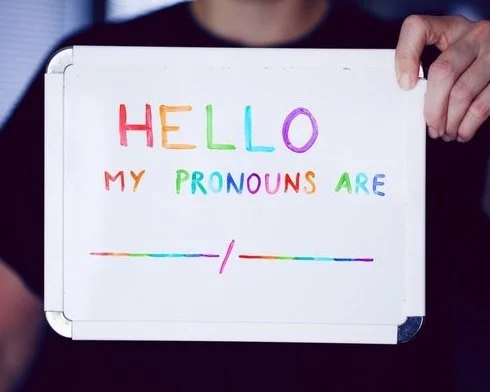When you’re going through your trauma and the aftermath, you may notice time doesn’t feel like it moves the same way. This is because trauma can be a roadblock to being present and in the moment. It can also keep you stuck in your past.
Am I shy or socially anxious?
Social anxiety is very painful to live with, leaving many people isolated and alone. If you have ever wondered if you are shy or have social anxiety, and aren’t sure what to do about it, you are not alone. Shyness and social anxiety are often mixed up with each other. Shyness is a milder form of social anxiety which can definitely be uncomfortable, but is not disabling.
IFS: Where Do Parts Come From?
Are Perfectionists More at Risk for Orthorexia?
Orthorexia is a condition in which someone obsesses over eating healthy foods. They tend to avoid any foods they consider to be harmful, including “junk food” or anything that could possibly be called unhealthy. Except, perfectionism isn’t about expecting the best. It’s about, quite literally, expecting perfection.
What Causes Attachment Trauma?
Suffering from PTSD? 3 Ways EFT Therapy Can Help
How Your Body Remembers Trauma
EMDR: What if You Can’t Remember Trauma?
EMDR can help you, even if memories are not fully present. Almost everyone will experience some form of trauma in their lifetime. You’ve survived it, so why remember it? The problem is, no matter how hard your brain tries to forget it, you may still end up with this uneasy feeling that you can’t quite put a finger on.
4 Ways to Handle Anxiety About War
What to Expect from a Brainspotting Session
PTSD Memory Loss: 10 Ways it's Affecting You
Memory loss may not be the first thing that comes to mind when you think of posttraumatic stress disorder (PTSD). But if you or a loved one suffer from the condition, the impact to what and how you remember significant parts of your life, learn new things, and reason with others is a daily concern. Why is memory affected by PTSD?
Secure Attachment: How to Know and Grow
How to Find a Trauma Therapist
Hypervigilance is Risky: 4 Ways to Stay Vigilant
Hypervigilance is real. It’s smart to stay prepared and aware. But you don't want to overdo it. Maybe your experience has been traumatic. Perhaps you've been unfortunate enough to have endured a previous traumatic event. If so, it makes sense that you might feel particularly alert for a period of time. The fact is that it takes time to heal.
PTSD Relapse: Signs, Symptoms and Treatment
How to Deal With PTSD Flashbacks
What To Know About Delayed Onset PTSD and How to Cope
Are Childhood Trauma and Eating Disorders Connected?
Is There a Connection Between Neurodivergence and Eating Disorders?
Neurodivergent people can struggle with eating disorders just like their neurotypical counterparts. But does that mean you’re more likely to develop one? Or do you just have a different relationship with food and eating? Are your irregular eating patterns different from eating disorders or are they the same thing and you just didn’t know?





















